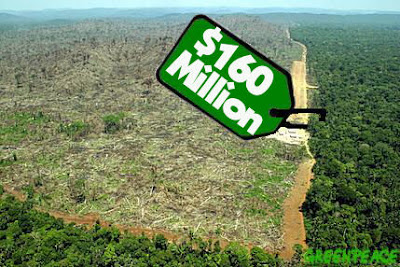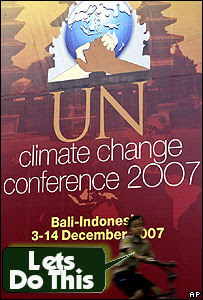 |
| Photo credit: AP |
The main focus: Pollution & Change.
Every day approximately 2 million tons of human waste is poured into rivers, lakes and the sea, all around the world. It is reported that in developing countries as much as 70% of industrial waste is put into the water system directly without first being treated.
"There is really no physical shortage of water in the world," states World Water Week director Jens Bergren, "there is actually lots of water. It is how the water is managed that is the big problem."
Getting everyone to work together to solve this issue before it becomes a crisis is also a big problem. Raising awareness about how interconnected global water systems are is the reason World Water Week just reached its 20th year.
SIWI: "There is often a disconnect for people that pollute and the effects of that pollution on people and ecosystems downstream or in other parts of shared lakes and aquifers. Water pollution is on the rise globally." Water World
For more information on WWW go to WorldWaterWeek.org.
Please let me know what you are doing for World Water Week this year!





























